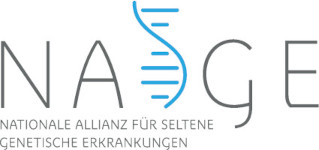
Rare Diseases
Rare diseases
In the EU, a disease is considered rare if it affects no more than 500 out of 1 million people. Rare diseases often have genetic causes. Many initial symptoms can appear in childhood, while about half of rare diseases manifest in adulthood. In Germany, 4 million people suffer from a rare disease. Examples include epilepsy, Parkinson’s, dementia, or autism, as well as Crohn’s disease, Huntington’s disease, or ALS.
On average, a person affected by a rare disease waits 4.8 years for the correct diagnosis. It is crucial to identify the causes early. Only then can affected individuals seek targeted professional treatment options and explore potential therapies.
Our team is happy to assist you or your patients in determining whether the diagnosed condition may be genetically based.
Syndromology
- Aarskog Syndrome
- Angelman/Angelman-like Syndrome
- Autism Spectrum Disorder
- Bardet-Biedl Syndrome
- Cockayne Syndrome
- Cornelia de Lange Syndrome
- Costello Syndrome
- DiGeorge Syndrome
- Ehlers-Danlos Syndrome (Vascular Form)
- Familial Hemiplegic Migraine
- Friedreich Syndrome
- Gilbert Syndrome
- Gilles de la Tourette Syndrome
- Klinefelter Syndrome
- LEOPARD Syndrome
- Cleft Lip and Palate
- Marfan Syndrome
- Microdeletion Syndromes
- Microcephaly
- Noonan Syndrome
- Rett Syndrome and Rett-like Syndrome
- Romano-Ward Syndrome
- Russell-Silver Syndrome
- Smith-Magenis Syndrome
- Walker-Warburg Syndrome
- Werner Syndrome


